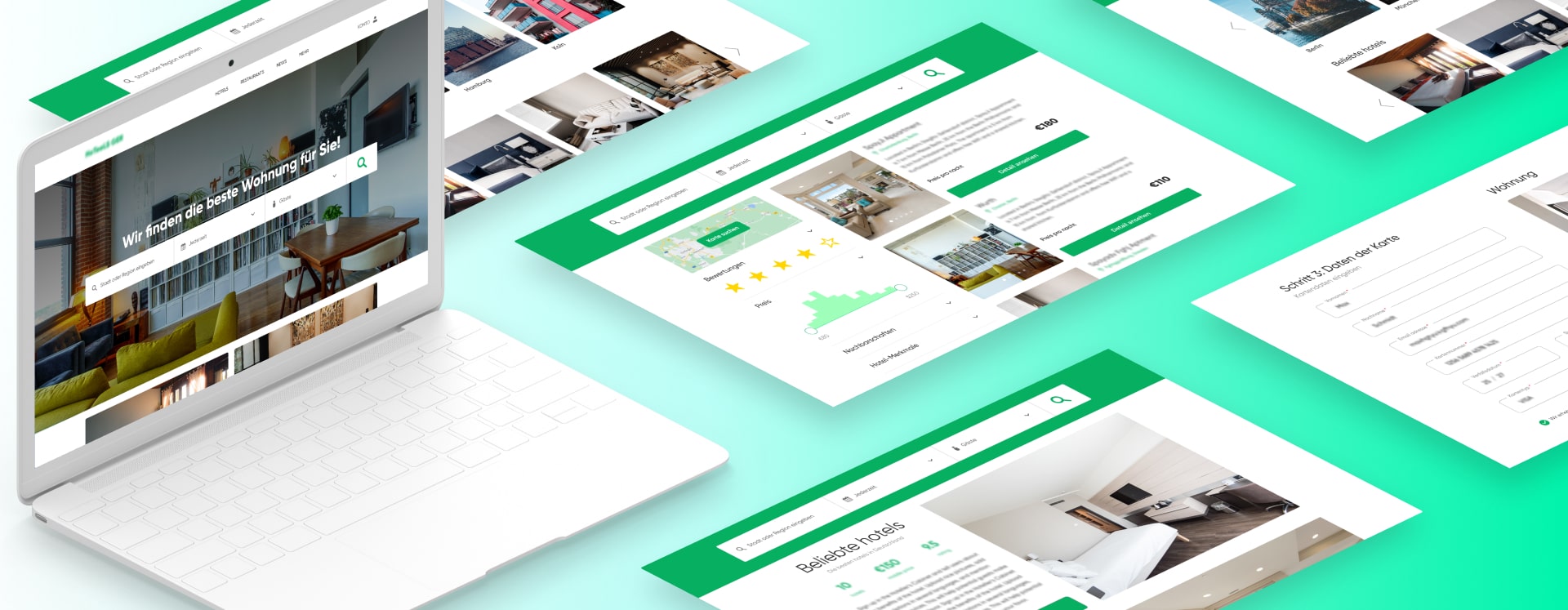
We’d love to work with you
Drop us a line about your idea, project, or challenge.
We’d like to discuss how we can help you.

Get to know how our team developed an online community marketplace under tight deadlines while achieving high availability, scalability, and performance.
4 months
2 backend developers, 2 frontend developers, a UI/UX designer, quality assurance engineer, project manager, business analyst.
TypeScript, JavaScript, React, Redux, Redux-Saga, Storybook, SVG, styled-components, Python, Django, AWS, Elastic Load Balancing, Amazon S3, Elasticsearch, Docker, Firebase, RabbitMQ, Redis, Memcached, Google Maps API, Braintree API, PostgreSQL.

Drop us a line about your idea, project, or challenge.
We’d like to discuss how we can help you.